It is astounding that so-called experts fail to realize the seriousness of the threat to equities prices and the depths to which they still have to go despite the fact that stock prices have been falling for a while and are certain to continue doing so. Higher interest rates immediately damage stock market values for four main reasons, assuming the Fed really does what it says it would do with interest rates and this inflation war.
So, let me go through those explanations, so it is crystal clear why US equities’ current interest rate environment is so gloomy. First, although stock prices have dropped significantly and entered bear market territory, they still have a long way to go because they were artificially inflated due to inflation and low-interest rates. To counteract the effects of higher interest rates designed to eliminate inflation, market prices will inevitably fall to a level more in line with the new conditions under which businesses must function.
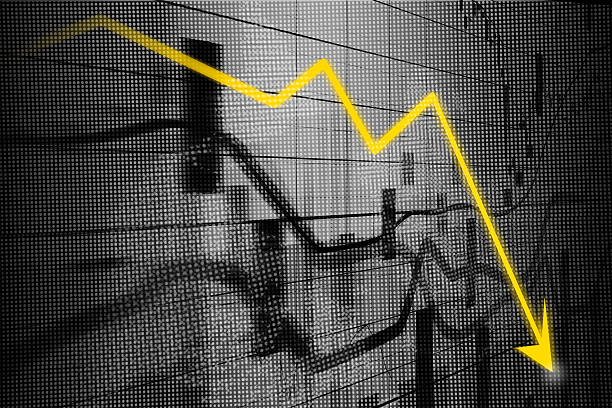
First, High-interest rates are bad for the stock market because many companies carry substantial debt.
Because the Federal Reserve kept interest rates artificially low for so long, many businesses took advantage of the low cost of borrowing and amassed record quantities of debt on their balance sheets.
Then, how do they spend the money?
They use it to repurchase stock. However, they repurchased the shares at inflated prices. In reality, once the stock market crashes and a significant portion of this debt comes due, many of these corporations will be sitting on unrealized losses. They would have paid greater prices for the stocks they purchased, but servicing the debt they incurred to do so would now be far more expensive. Consequently, firms with debt must pay bondholders more money to service their loans, which immediately affects their profits. Companies may only be able to cope with this debt by paying it back.
How will they repay their debt?
They must now unravel their stock purchases. In order to pay off their debt, they must sell the stock they purchased on the market. However, as corporations transition from share repurchases to share sales, share prices will inevitably decline. As a result of the price decline, corporations will likely have to sell more shares than they purchased. This impacts not just their stock price but all stock prices as a whole. Now you have so much selling to do.
Buybacks have been a significant contributor to the bull market. So while sellouts will be a major factor in the weak market, repurchased shares will be thrown back into the market.
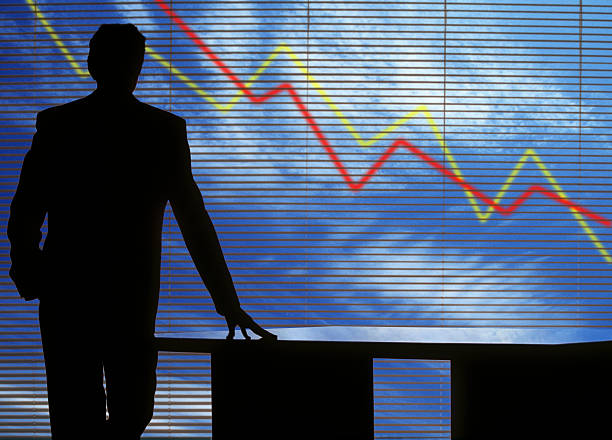
Second, rising interest rates impact company profitability.
This is due to the fact that firms have clients with substantial debt. As a result, as a company’s consumers must pay more to service their debt, they have less money to buy the corporation’s services. Therefore, its profits are under pressure due to its rise in interest rates and its customers’ increase in interest rates. Consequently, profits decline as interest rates rise. Obviously, the stock price is a consequence of future profits. Therefore, future profits must be discounted into the present. If these future profits decrease, the current value will also decrease.
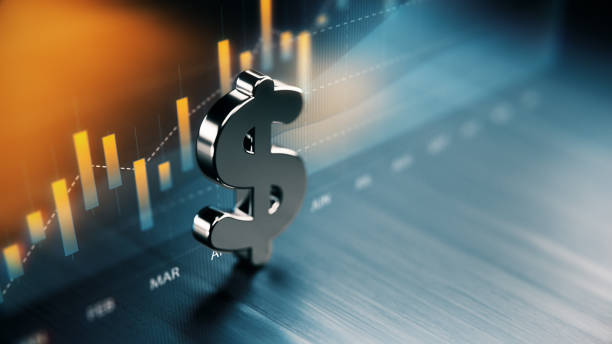
Third, a significant reason why rising interest rates harm stock values.
When calculating the present value of a future income stream, an interest rate must be used. Consequently, the lower the interest rate, the greater the present value of future profits. Now that the Federal Reserve is increasing interest rates, you are decreasing the value of future profits. Thus, corporate profits are declining, and so is the present value of these declining earnings. Increasing interest rates are a double-whammy for stock values.
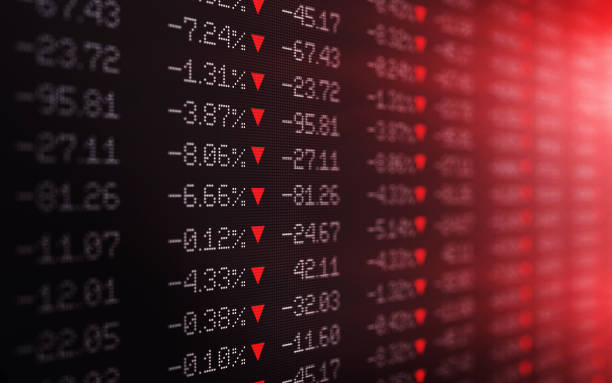
Fourth, way Interest rates will have a negative impact on the stock market.
By driving the economy into a recession, there will be massive job losses when we are in a recession. The consequence of all these job losses will be that many consumers will have far less money to spend on the items and services that businesses provide for sale. Earnings will flood in for an assortment of causes. Debt service costs are going to explode.
- This is a disaster for the stock market.
- Interest rates rise, and a company has trouble paying its debt.
- The company does not pay its debt.
- The company then goes bankrupt.
- These bankrupt companies are no longer going to be buying any goods and services from businesses that they used to patronize.
The systemic risk will exist because when a firm declares bankruptcy and is unable to pay its payments, the company it owes money to will not be compensated. So maybe that corporation cannot pay its debts, and so forth. This is the sort of systemic risk that first prompted the Federal Reserve to implement quantitative easing. That’s why we had all the bailouts in 2008 because we had all these banks that were too large to fail.
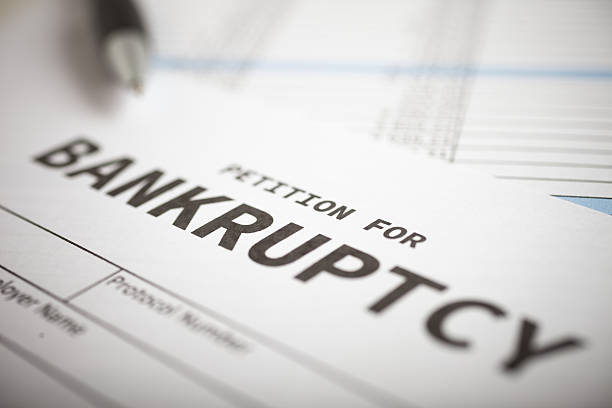
What made them too large to fail?
If they failed, it would have repercussions across the economy due to the interconnectedness of everything and the presence of systemic risk. You let one large Bank fall. It’s only one domino. Now, the remainder will go.
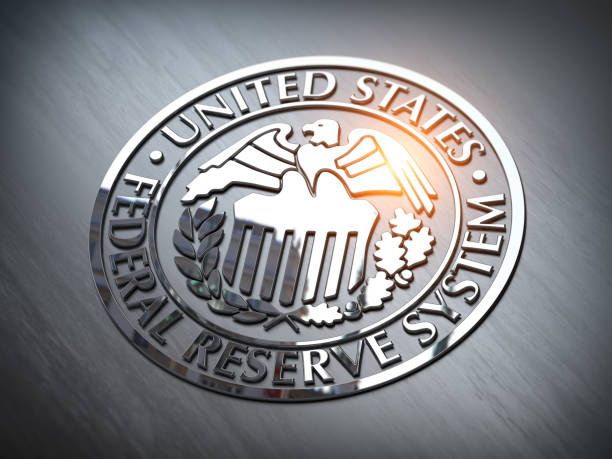
Is the fed going to do the right thing in 2022 or 2023 when it didn’t do the right thing in 2008?
What is the only reason that the Fed did the wrong thing?
The wrong thing was slashing rates to 0 and doing quantitative easing.
Why does the federal government do that?
If they didn’t do it, it would result in a great deal of short-term suffering. It exchanged long-term suffering for short-term gain. In reality, the Fed made the same poor trade-offs in 2020 at the outset of the covid crisis. Instead of leaving the economy to face the agony of coping with the crisis, the Fed reduced interest rates to zero and launched a major quantitative easing program to postpone the pain. Again, there was a short-term benefit at the price of a long-term loss. The Fed did not have the stomach for pain in 2008 or 2020, so they just postponed it to an unspecified future period by causing inflation. They will be in the same scenario they were in Twelve years ago, and two years ago, only now they are facing a far more dire crisis with more suffering.
Why would they do the correct thing today if they weren’t prepared to do it previously?
Why wouldn’t they once again choose short-term pain for long-term gain? That is precisely what I anticipate they will do. I believe the Fed’s assertion that inflation is harmful but not as terrible as the Great Depression is generally accurate. It is less severe than a financial crisis. Even if inflation is not at 2% because we now have a far larger problem than inflation, we will handle this issue in the same manner, we did in 2008. We will reduce interest rates and engage in quantitative easing, which will cause the currency to plummet and inflation to skyrocket. We will not have another 12 years of fraudulent borrowing prosperity. Yes, the Fed will be able to buy itself some time, but it may be months rather than years.